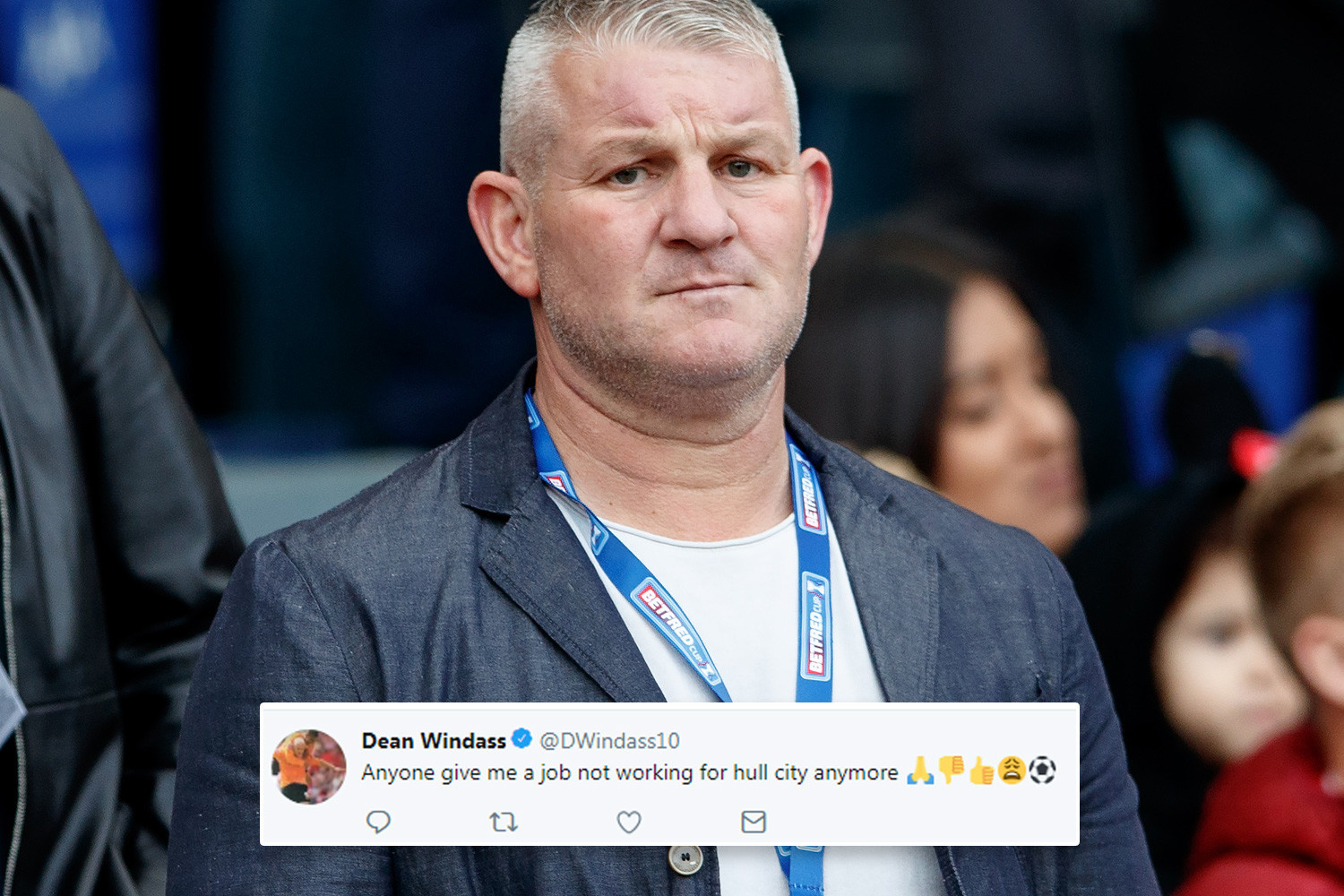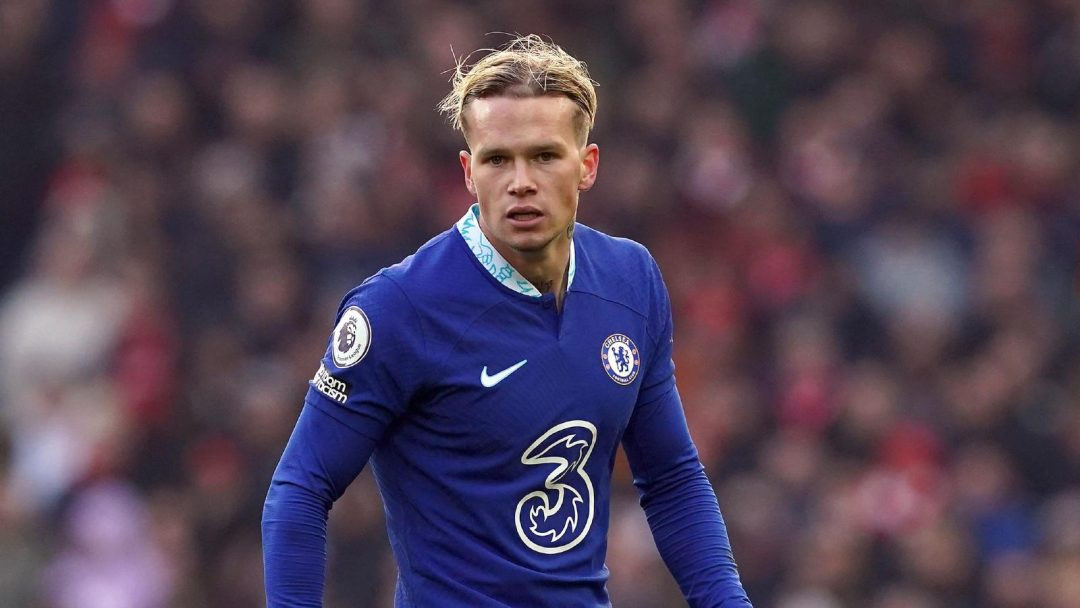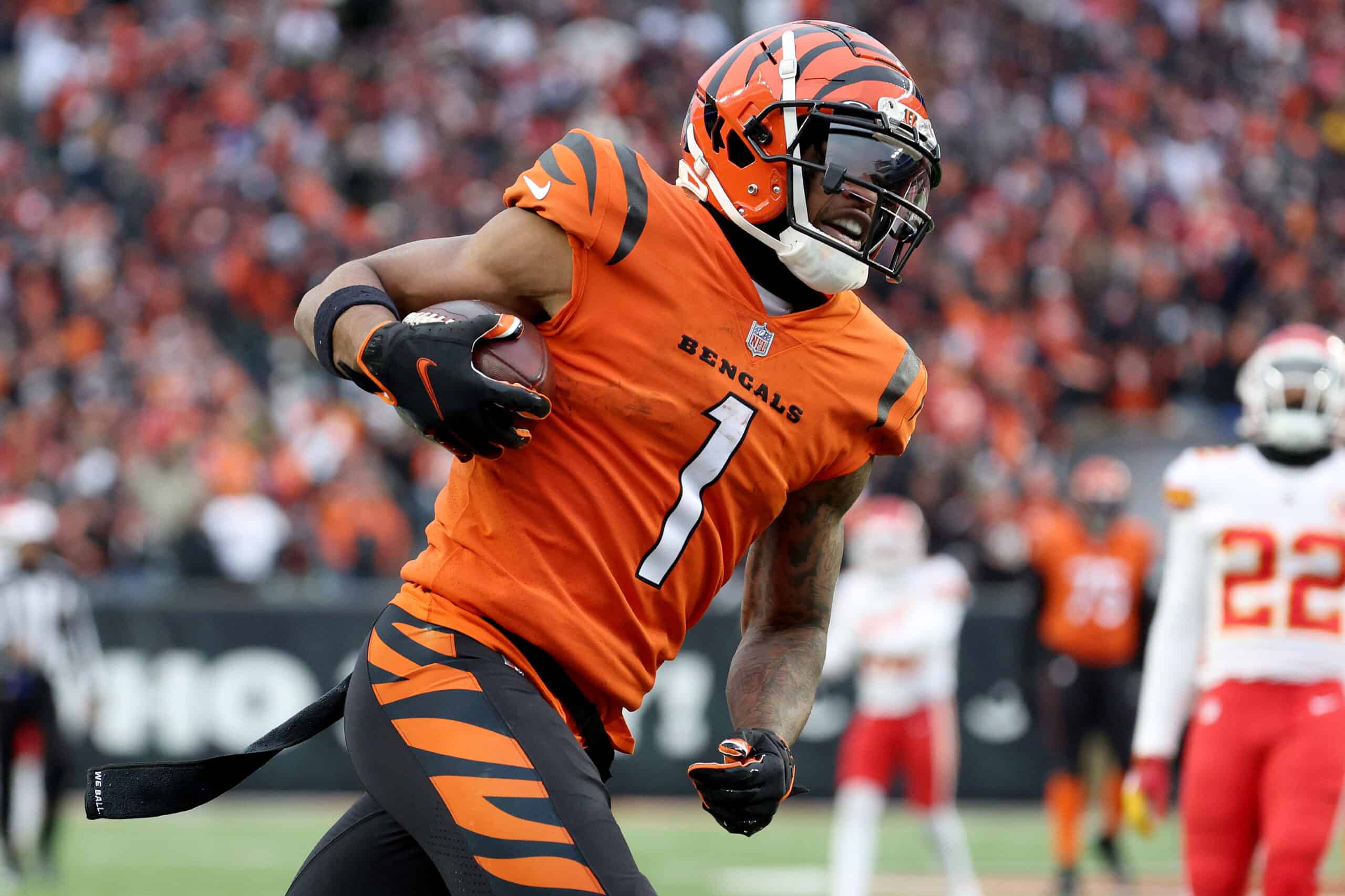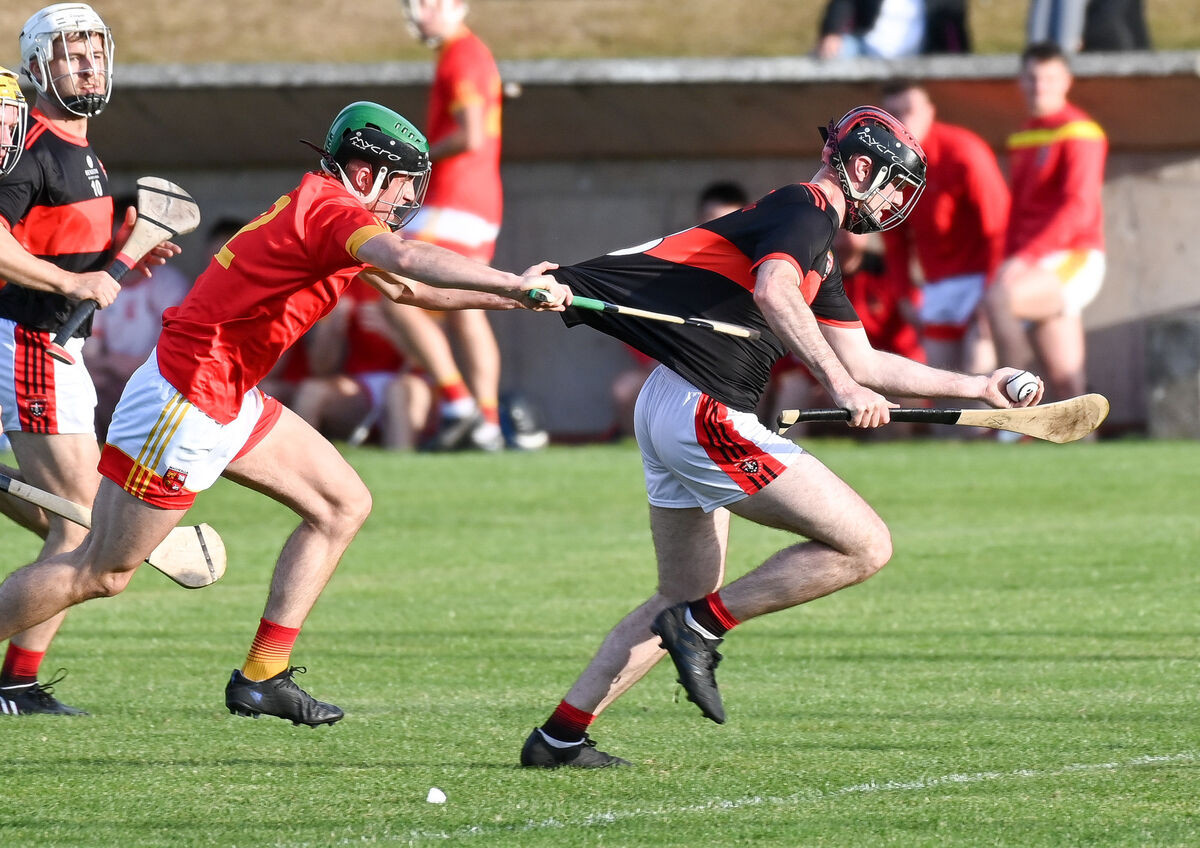Former Premier League Star Dean Windass's Dementia Diagnosis: A Wake-Up Call for Football
The football world was shocked last week by the news that Dean Windass, the former Hull City, Bradford City, and Aberdeen striker, has been diagnosed with stage two dementia at the age of 55. The announcement, made public by former Manchester United defender David May with Windass's blessing, has ignited a renewed push for greater support and awareness of neurodegenerative diseases in football.
Windass, whose memorable goal secured Hull City's promotion to the Premier League in 2008, shared the news on social media, expressing his optimism and concern. He stated, “Seriously I am ok was delighted to find out I had a brain. Just hope other families get the help what they want for the people they have lost.” This poignant message highlights not only his personal journey but also the broader struggle faced by former players and their families.
The Urgent Need for a Comprehensive Dementia Strategy
Windass's diagnosis underscores a growing crisis within football. The Football Families for Justice (FFJ) campaign, supported by figures like David Beckham, is lobbying for a significant change in how the sport addresses the issue of neurodegenerative diseases. Their key objective is to amend the Football Governance Bill, granting the independent regulator the power to mandate a comprehensive dementia strategy. This strategy would include a dedicated care fund for affected players and their families. The campaign has gathered momentum, gaining the support of prominent figures such as Greater Manchester Mayor Andy Burnham and Liverpool City Region Mayor Steve Rotheram. Burnham’s impassioned plea for recognizing dementia in football as an industrial disease, urging ex-players to “get into fighting mode,” encapsulates the urgency and intensity of this campaign.
The Fight for Justice
The battle extends beyond the immediate care needs of affected individuals. It’s a fight for recognition, accountability, and preventative measures. Burnham eloquently pointed out that the beautiful game's evolution into a multi-billion pound industry should not overshadow the sacrifices made by past players. He notes that the game’s modern success was built on the efforts of generations of players who experienced vastly different playing conditions than those of today. While acknowledging the inherent challenges associated with managing money, Burnham highlights the essential need for the football community to come together to tackle this crisis effectively.
The Research and the Reality
The FIELD Study, co-funded by The Football Association (FA) and the Professional Footballers’ Association (PFA), provides stark evidence of the problem. Its 2019 findings revealed a 3.5 times greater likelihood of footballers dying from neurodegenerative diseases compared to age-matched members of the general population. Further research, released last year, confirmed that lifestyle factors alone cannot account for this heightened risk, emphasizing the likely link between repetitive head impacts inherent in the sport and subsequent brain damage. This alarming statistic underscores the gravity of the situation. The PFA and the Premier League established the Football Brain Health Fund in September 2023 with an initial £1 million investment; however, this amount is deemed insufficient by campaigners, who emphasize that a significantly larger commitment is urgently needed to effectively address this major issue.
Insufficient Funding and Calls for Action
The inadequacy of the current funding is a recurring theme in the ongoing debate. John Stiles, son of the late Nobby Stiles (whose post-mortem revealed chronic traumatic encephalopathy or CTE), criticized the fund as a “pittance,” emphasizing that football’s vast wealth should allow for immediate and comprehensive support for affected individuals and their families. He pointed out the significant healthcare costs associated with dementia care and the financial burden placed on families who lack the resources of wealthier players. His call for football, rather than the NHS or taxpayers, to bear the financial responsibility of player care is indicative of the wider sentiment amongst the campaigners.
Steps Towards Mitigation and Prevention
The FA is actively involved in implementing preventative measures. They plan to eliminate intentional heading from youth football up to the U11 level by 2026 and have introduced regulations on high-force headers during adult training sessions. These proactive steps, though significant, are considered part of a broader, long-term strategy to reduce the risk of head injuries and subsequently reduce the incidence of dementia in future generations of footballers. However, the concern remains that these initiatives alone are insufficient to address the problem currently faced by former footballers already suffering from the impact of concussions from previous years.
Government Response and the Path Forward
The Department of Digital, Culture, Media and Sport (DCMS) acknowledges the concerns surrounding player brain health, emphasizing the importance of prioritizing this issue. While emphasizing that the FA is primarily responsible for the safety protocols within the game, the government has indicated that it expects the football authorities to remain focused on analyzing emerging evidence and making continuous efforts to address the problem, highlighting the complex interplay between governmental oversight and the self-regulation within the sporting world.
A Legacy of Football and a Fight for the Future
Dean Windass’s journey, while heartbreaking, serves as a potent reminder of the profound impact of dementia and the urgent need for collective action. The story highlights the need for not only better support for those affected by neurodegenerative conditions but also for preventative measures to safeguard future generations of players. His legacy is not just one of incredible goals and memorable matches but also a catalyst for change, urging the football world to confront its responsibilities and prioritize the health and well-being of those who have dedicated their lives to the beautiful game. Let’s remember that supporting affected players and families means much more than just providing financial assistance, but also recognizing the human cost of this disease and providing the necessary care, resources, and emotional support to affected individuals. The fight is far from over, but the call for justice is ringing clear, and we hope that the football community will rise to meet the challenge. The future of the game and the well-being of its players depend on a united, collaborative effort.

















